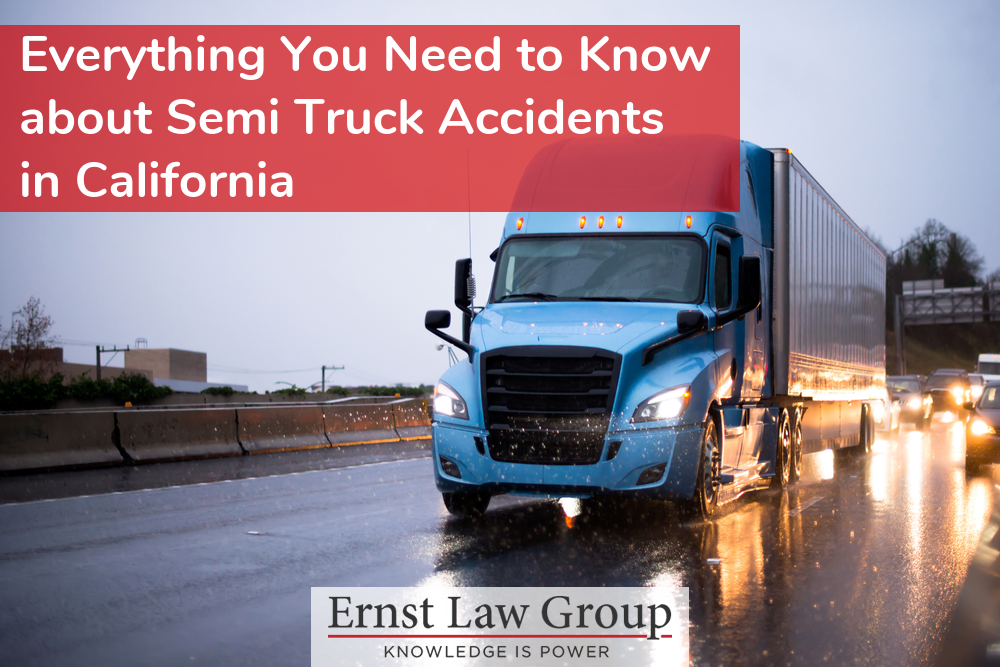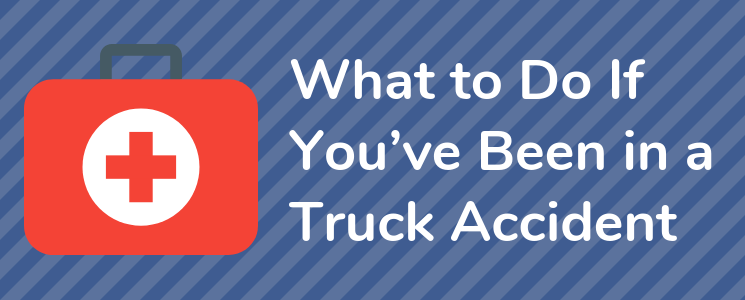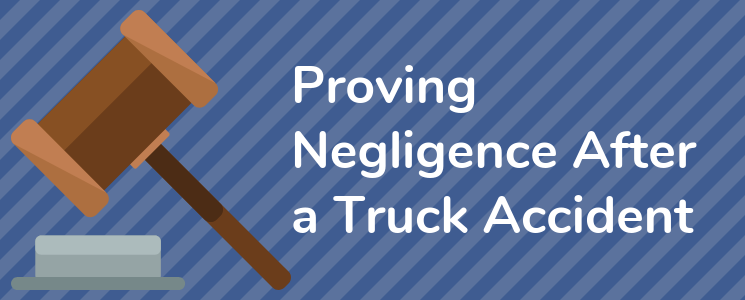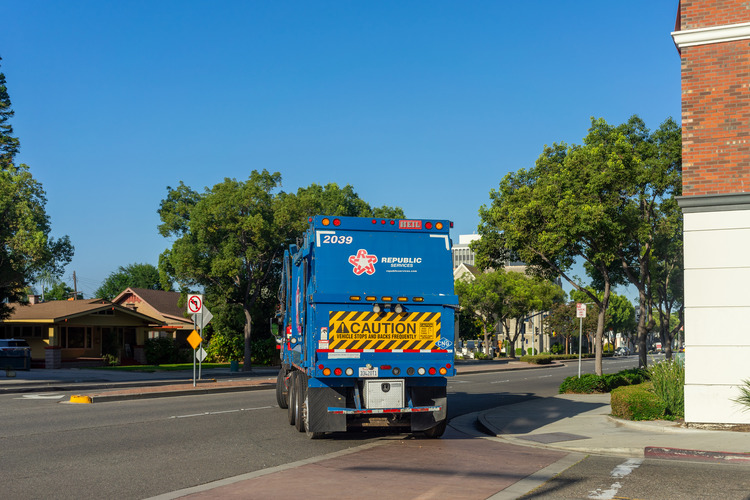Commercial vehicles cover about 30 million miles per day in California. Because there are so many semi trucks and other commercial vehicles on our state’s roads, the California Highway Patrol (CHP) has established specific laws and regulations that drivers must follow.
Unfortunately, many of these rules aren’t followed, whether that’s out of ignorance of the law or because drivers are trying to get where they’re going as quickly as possible. When these trucking regulations aren’t followed, accidents are much more likely to happen.
At Ernst Law Group, our San Luis Obispo truck accident lawyers have seen the effects of these incidents firsthand. Trucking accidents can cause devastating — and often fatal — injuries due to the sheer fact that semi trucks are so much bigger than passenger vehicles.
If you’re a trucker, it’s important for you to understand California’s trucking regulations so you are less likely to cause an accident. And if you’re a regular driver, it’s important for you to know what you should do after a truck accident, and what your legal rights are.
California Regulations Truckers Must Follow
Before we dive into commercial vehicle regulations, we should first mention that, while these rules do apply to semi trucks, they also apply to other vehicles as well. Essentially, if you’re driving a vehicle “in combination,” or towing another vehicle, you must follow commercial vehicle regulations.
These vehicles include:
- Any vehicle (car, truck, rental vehicle, RV, etc.) towing a trailer
- Any vehicle towing another vehicle
- Any vehicle towing a pull, semi-trailer or fifth wheel
- Any vehicle with three or more axles
One of the most important regulations you must follow is the speed restrictions. Under Vehicle Code 22406, if you are driving a vehicle that falls under one of the above descriptions, you are forbidden from going above 55 miles per hour. This restriction also applies to school buses carrying students, farm labor vehicles transporting passengers, and vehicles transporting explosives.
California also limits the lanes that are usable by trucks and in combination vehicles:
- If there are three or fewer lanes in each direction of travel, not including the carpool/HOV lane, you must stay in the far right lane.
- If there are at least four lanes in each direction of travel, you may use the two rightmost lanes, unless there are signs specifically allowing usage of lanes further to the left.
- If there are “truck-only” lanes available, large trucks must use them.
There are very few exceptions to these lane regulations. The most common is passing a slower vehicle. If you are behind another vehicle that is driving slowly, and you don’t have to exceed 55 miles per hour to pass them, you may do so in a left lane. However, you must move back into the right lane as soon as possible.
Of course, semi truck drivers must always follow all state and federal licensing and log book regulations.
What to Do If You’ve Been in a Truck Accident
No matter how hard you try to be safe on California’s roads, there’s always the chance that you’ll be in a wreck with a big truck. When that happens, it’s important to talk to an experienced semi truck accident lawyer as soon as you can.
But before you make that call, there are a few steps you should take to make sure you’re safe and the incident is documented properly:
1. Stay Calm
Yes, being in an accident with a semi truck is a stressful, difficult experience. But do your best to remain calm. Check yourself for injuries, then check on the passengers in your vehicle. If possible, check on the truck driver as well.
If no one is seriously injured, do your best to get out of harm’s way. If your car is still operable, move it to the shoulder if the road. If it can’t be moved, CAREFULLY walk to the shoulder of the road to get out of traffic.
2. Call 9-1-1
As soon as it’s safe to do so, call 9-1-1. Even if you don’t think there are any major injuries, ask for an ambulance. Being evaluated at the scene of the accident is not only important for your health, but also for any future lawsuit you decide to file.
After a wreck, your adrenaline may cause you to overlook any injuries you might have. A medical professional can fully evaluate you to determine if you do have any injuries. Having this evaluation at the scene of the wreck means the truck driver or their company can’t come back later and say you sustained your injuries sometime after the accident.
While you’re on the scene, you’ll be asked to give a statement to the police. Keep your emotions out of the statement. Instead, focus on the facts of what happened. Never admit fault or apologize for the wreck, either to the officer or to anyone at the scene.
3. Trade Information With the Truck Driver
When it’s safe to do so, exchange information with the trucker. At the minimum, this includes names, phone numbers, and insurance information. You should also ask to see the truck driver’s license to make sure they have a commercial license. Take a picture of the license, if possible.
You should also gather information about the truck itself. Be sure to note:
- License plate state and number
- Information of the truck owner, if it’s not the driver
- The trucking company
- The truck number
- Information about the cargo in the truck
4. Gather and Keep Evidence
At the scene, you should take photos of the accident. This includes damage to your vehicle and the truck, road conditions, any skid marks, identifying information of the location (if possible), weather conditions, and more. Of course, if you aren’t well enough to gather this evidence safely, don’t do it!
If you’re told to seek further medical treatment, do so. Always keep up with any treatment regimen prescribed, and document your treatment and its costs. This can help your lawyer put a more solid dollar amount on compensation if you choose to file a lawsuit.
5. Call Your Insurer
Just like with any kind of accident, you will need to make a claim with your insurance provider. When you call, keep the details you provide to a minimum. Provide identifying information and the time and location of the accident. They will ask probing questions, but you don’t have to answer them.
Your insurer will be looking for ways to not pay you a fair settlement. Even innocent-sounding questions like, “Are you okay?” can have an impact on how much you receive from them (after all, if you’re okay, you obviously aren’t injured!). If you feel uncomfortable answering their questions, let them know that you’d like to speak with an attorney before saying anything else.
6. Call a Semi Truck Accident Lawyer in San Luis Obispo
There’s a good chance your insurance company will send you a low-ball offer after the wreck. After all, the less money they can get away with giving you, the better their profits will be. Before you accept their offer and effectively end your case, discuss the matter with an experienced truck accident attorney.
Many lawyers offer free consultations, during which they will review your case and the settlement offer you received. If they believe you received a fair settlement, they’ll let you know. But if they can get you a greater amount of compensation, they’ll let you know that, too.
One of the main reasons you may be able to get greater compensation is if the truck driver is at fault. But how is that proven?
One word: Negligence.
Proving Negligence in a Truck Accident Case
In nearly every type of personal injury case, you must be able to prove negligence in order to hold the other party liable. Truck accidents are no different. If the truck driver acted negligently, they are responsible for your injuries.
There are four main elements of negligence:
- Duty of care
- Breach of duty
- Breach causing injury
- Breach caused injury and/or damage
Let’s look at each one of these individually. First, a truck driver has a duty of care to drive carefully, ensure their truck is working properly, and follow all state and federal driving regulations. This includes keeping proper logs, getting the right amount of rest, doing maintenance on their rig, and more.
If they fail to uphold their duty of care and cause an accident, it’s considered a breach of duty. Essentially, if a “reasonably prudent person” would’ve done something different under the same circumstances, the truck driver has breached their duty of care. For example, if you’re driving next to a semi truck, and a sudden, strong gust of wind causes them to hit you, that may not be considered a breach of duty, since that was an unforeseeable incident.
Next, that breach of duty must have caused injury. To use a simple example, if a truck accident happens two lanes over from you, and you are unscathed by the accident, you can’t sue the trucker or their company for the accident.
Finally, you must prove that the accident caused some kind of monetary damage. This may be medical bills, damage to your car, lost wages or some other “economic” loss. In truck accidents, this is often the easiest element to prove — being hit by a truck will almost certainly cause damage.
California’s Comparative Fault Laws
Once negligence has been established, you and your lawyer will next need to consider California’s “pure comparative negligence” laws. This means that, even if you’re partially responsible for your injuries, you may still be able to get compensation. However, the amount you receive will depend on how much at fault you are.
For instance, if your tail lights aren’t working, and you get rear-ended by a truck on a moonless night, you may be held 40% liable for your injuries. If the total compensation is $100,000, you would only get $60,000.
In some states, if you are 50% or 51% at fault for your injuries, you can’t receive any compensation. But in California, even if you are 99% at fault for your injuries, you can still recover that 1% of compensation.
How a Truck Accident Lawyer in San Luis Obispo Can Help You Get the Compensation You Deserve
Two of the most challenging aspects of truck accident lawsuits is figuring out who can be held liable (the truck driver, the trucking company, the truck manufacturer, etc.) and fighting against their insurance company.
At Ernst Law Group, we’ve been representing victims of truck accidents since 1980. We know all the tricks that insurance companies use, and we know how to get you the compensation you deserve. Call our San Luis Obispo truck accident lawyers today at (805) 541-0300 or contact us online for a free, no-obligation consultation.








